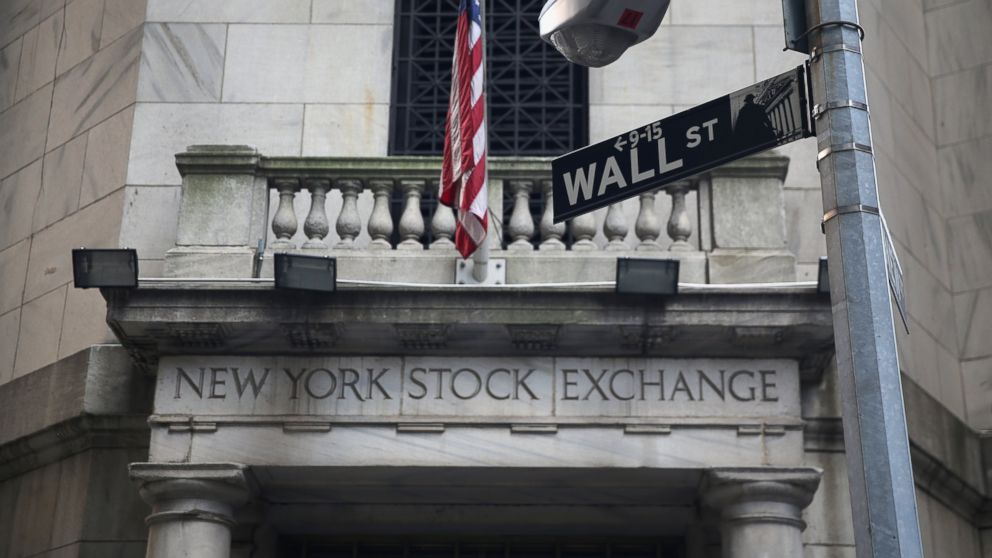Why the World Will Continue to Fuel US Markets
Why global capital is flooding into our stock and bond markets.

— -- Walter Wriston, legendary Citigroup chairman and CEO in the mid-20th century, famously said: “Capital will flow where it is wanted and stay where it is well treated.”
Global capital historically has been treated quite well in the U.S. And in recent years, because of global economic and market trends, the U.S. has been the primary place much of the world’s capital wants to visit.
Of course, this doesn’t stop Chicken Littles from squawking about how the U.S. market is doomed because the planet’s economies and markets are doing so poorly. They think that the world’s problems will come home to roost here. But they can’t get their head around the cause and effect. It’s precisely because of the world’s problems that its money will come here -- that global capital will continue to flow into U.S. markets for the foreseeable future, propelling growth.
This dynamic, which has fueled the U.S. stock markets to new highs in recent years, will be a significant factor driving market growth in the coming year. The U.S.stock market may not go great guns as it did in the 2009-2011 rebound from the 2007-08 decline, but it’s poised to chug along nicely, delivering returns that can’t be found abroad easily—if at all.
Anyone predicting a U.S. market slide next year--and there are always those who are predict this perennially, no matter what-- should take a hard look at the entire planet and consider the capital inflows that are bound to continue.
Regardless of whether the Federal Reserve raises interest rates, the U.S. bond market will likely perform well as it benefits from refugee foreign money seeking an investment oasis from the desert-like returns of most foreign markets. They may not get huge returns here, but they’ll get something—a highly attractive prospect compared to the tanking markets of China and long-term malaise in Europe, where people are actually paying banks to hold their money, rather than vice-versa.
U.S. bond yields, while hovering at record lows, are higher than that of many developed nations. Our yields beat those in Canada, Germany, United Kingdom, France, Italy, Spain, Netherlands, Switzerland, Japan, Hong Kong and many other nations.
Sure, economic growth is the U.S. has slowed. Gross domestic product growth fell to 1.5 percent in the third quarter as businesses cut back investment and inventories. Corporations have ratcheted down investment while observing the turmoil in world markets. China and emerging markets have been faltering, Europe has been stuck in an economic and political rut while dealing with a refugee crisis. All the while, commodities, led by oil, have been slumping. The antidote: U.S. stocks and bonds.
Another sanguine sign for the U.S. is consumer spending. Purchases have been brisk on key items including vehicles and furniture. And spending on health care and insurance in our graying nation rose at twice the pace of overall business spending in the third quarter.
Our falling unemployment and strong consumer spending makes the U.S. a relative bastion of stability. What’s more, the U.S. doesn’t depend on exports to keep the growth engine running. This augurs well for sustained growth because our economy is highly reliant on domestic consumption; the rest of the world’s economic and financial troubles have less impact here.




